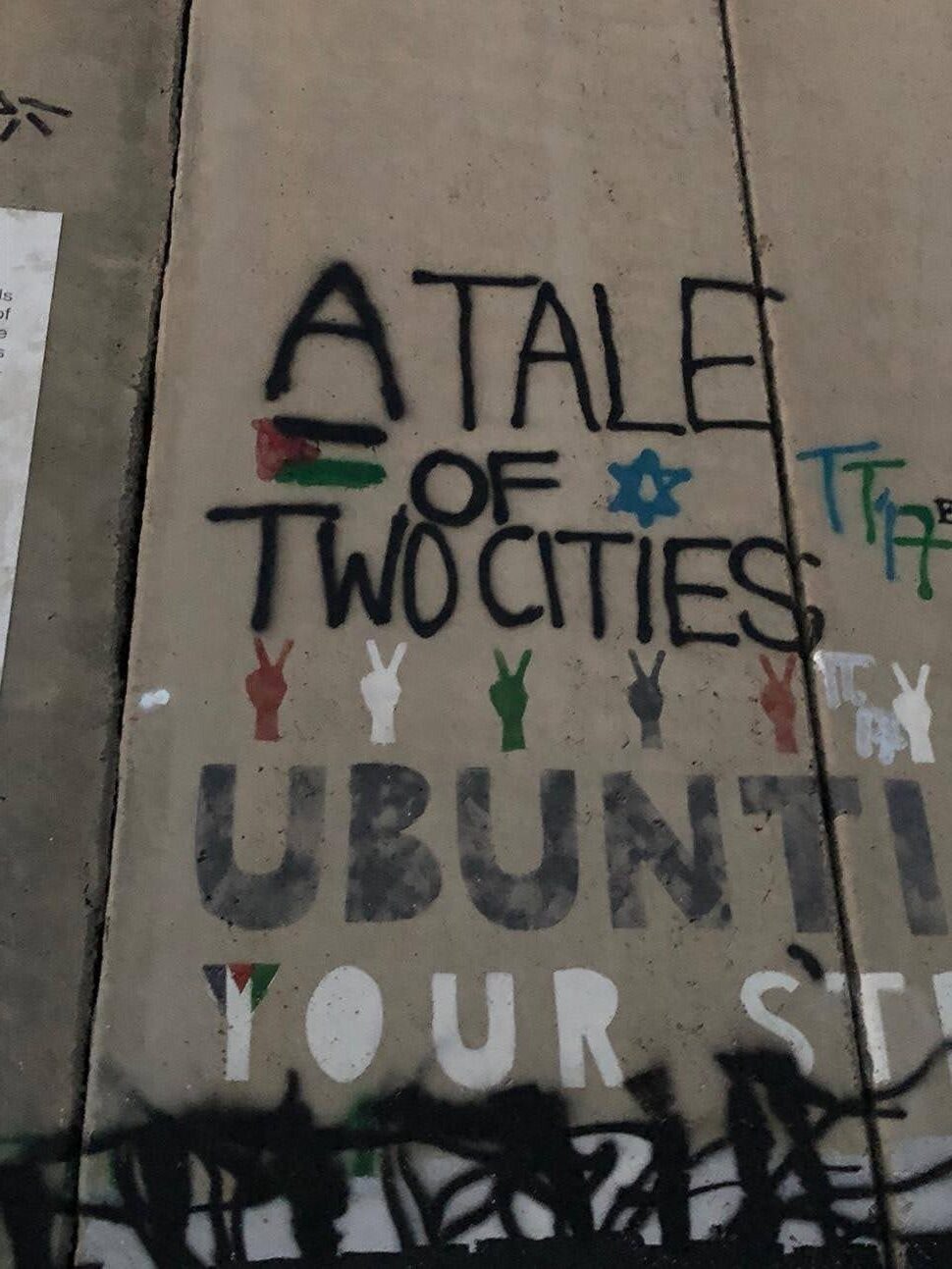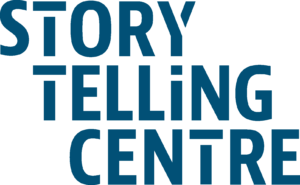Stories from both sides

- Summary
- Fact Sheet
- Curator Interview
- More Information
In times of war it is difficult to know what is really going on. People tell stories about the other, instead of sharing them with the other. The media picks out the most extreme stories, mostly reduced to one liners and snippets. These are seldomly enacted nor representative for the entire story.
This is the main cause for misunderstanding, miscommunication etc that often leads to way bigger emotions, like hate and aggression. The enemy is the one who’s story you do not know, peace activist Gene Knudsen Hoffman once stated. This is so true in conflict or even war situations, like we currently see in Palestine Israel and Ukraine and Russia, and sadly we can add many other places to this list.
But can we turn this around. What if we listen to each other’s story? This was the thought behind a small project initiated by Storytelling Centre. We made three podcasts, in which three (young) men were interviewed, two Palestinians, one Israeli.
These podcast are now promoted and also used in trainings/interventions focusing on diminishing polarisation. That is also the objective of this project: let people experience what listening does in order to connect people instead of driving them apart.
The Challenge:
The challenge was to get stories that would appeal to the empathy of the listeners, without being political, in order to convince people that they should listen to the stories of both sides before they express a meaning.
Target Groups/Clients:
The direct target group is a wide audience that engages with the situation in conflict areas and war zones and is probably biased towards one of the parties (though they might not be part of the conflict).
Solutions:
We used digital means and the knowledge of narratives to create and promote a podcast with stories of both sides. In interventions these podcasts can be used by asking the participants to listen together. However, the recordings can also be listened to individually, as they are available on Spotify and Apple Podcasts.
Innovation:
Using narratives in the form of podcasts displaying the perspectives of various site with the aim to diminish polarisation is rather innovative. Mostly podcast have a journalistic angle and are not there to raise empathy. This is also the link with the art of storytelling, in which triggering the emphatic capacity is one of the focal points.
Impact:
We truly hope that this project will lead to a certain extent of mildness in thinking about the other. This mildness is needed to start thinking of peace. This is the impact we hope to contribute to, albeit on a very modest scale
Project Website:
https://www.stop-polarization.eu/
Organisation Arjen Barel
Arjen Barel
https://storytelling-centre.nl/en
